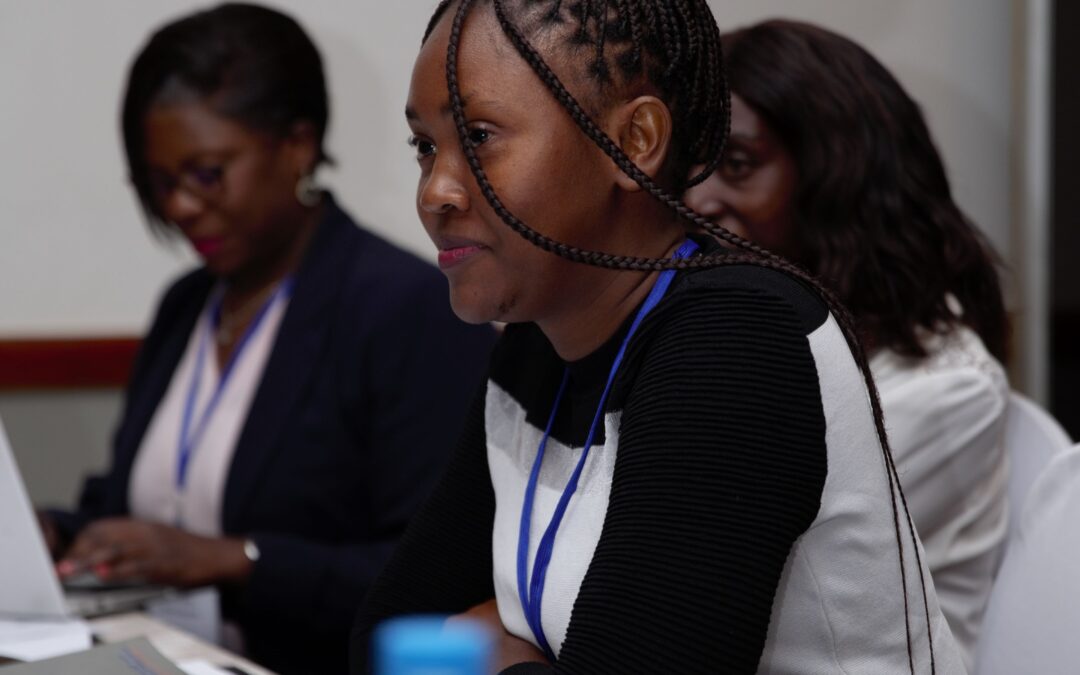
African Union Leaders Join Forces in Historic Democracy Summit
Dozens of union leaders from across Africa took part in the first-ever Summit for Democracy event on the continent March 30, where they discussed the essential role of unions in strengthening democracy and shared strategies on how unions can step up efforts to advance democracy through one of its most essential components—worker rights. Co-hosted by the Multilateral Partnership for Organizing, Worker Empowerment and Rights (M-POWER) and the Zambian Congress of Trade Unions (ZCTU), the day-long conference included interactive sessions focused on strengthening democracy and opening rapidly closing civic space in Africa.
“Amplifying the Voices of Workers to Safeguard Democracy in Africa” was an official side event of the second Summit for Democracy, a global democracy initiative co-hosted by Costa Rica, the Netherlands, South Korea, the United States and Zambia March 28–30, 2023. The second Summit showcased progress made by Summit partners on their commitments in the first year of the global initiative—M-POWER is one of the largest commitments made by Summit partners.
Said Joy Beene, secretary general of the Zambia Confederation of Trade Unions: “There’s no democracy without workers.”
